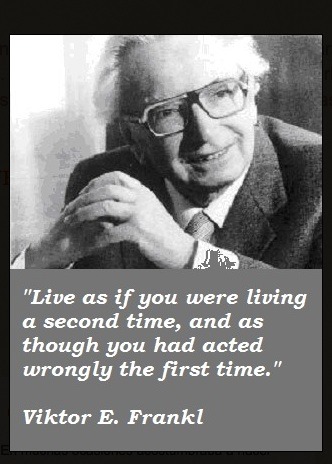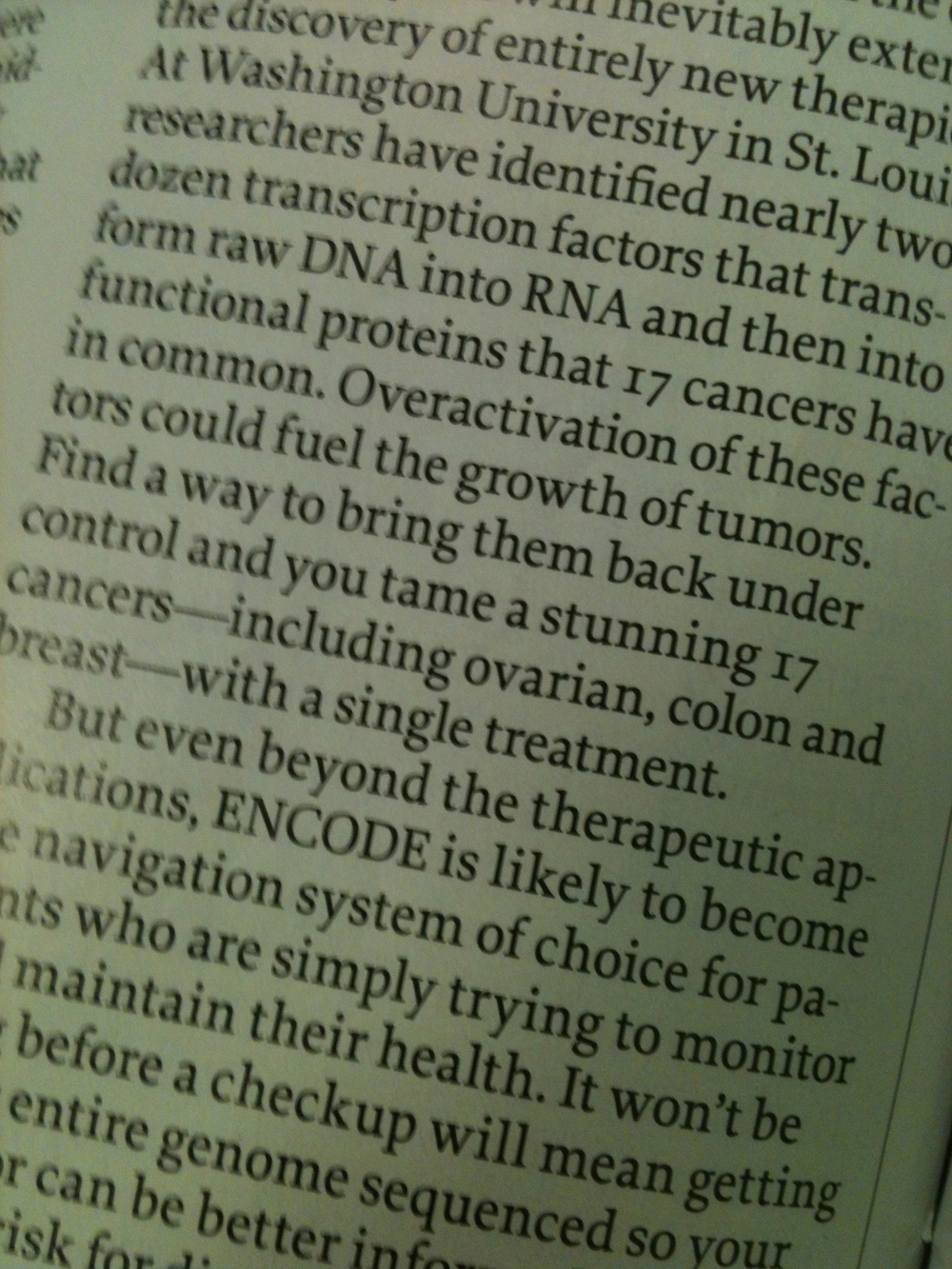You know what I used to hate during chemo? Those perky social worker types who would materialize next to my IV stand and try to cheer me up. Their spiel was excruciatingly predictable. Duration: ten minutes, no more. Content: a helpful hint, a sincere smile, an upbeat exit. The helpful hint was always something like, "Did you know ginger tea can help with nausea?" My answer was always something like, "Did you know not having cancer can prevent nausea altogether?" I never said that of course. I just thought it, every single time.
I never wanted to be a check mark on anybody's clipboard. If all it takes to fix me is a cup of ginger tea, how boring am I? All those meditation apps, mind-body-spirit workshops, soothing sound tracks—all that stuff—I was like, Deliver me from cheesy consolations!
Well, cancer eventually offers a path to humility. I don't mean humiliation. I mean one day you look up and you're not so eager to judge. Ginger tea doesn't seem so trivial. What's more, cancer doesn't seem so monumental. Humiliation makes the path narrower, but humility opens our way to an endless beach where there's room for all of us and nobody's footprints are forever.
I don't know how that beach sounds for you. But courtesy of this clip from YouTube, here's how it sounded for someone else. Is it cheesy to close your eyes and enjoy these waves, knowing that they're advertising some product called Hawaii Ocean Waves White Noise? I'll let you decide.
As for me, cancer got me to Humility Beach and, to my surprise, I like it here. I'm not judging winners and losers anymore. I'm amazed at all the living creatures I meet, including myself. Come on by. I'll make us a cup of ginger tea.


